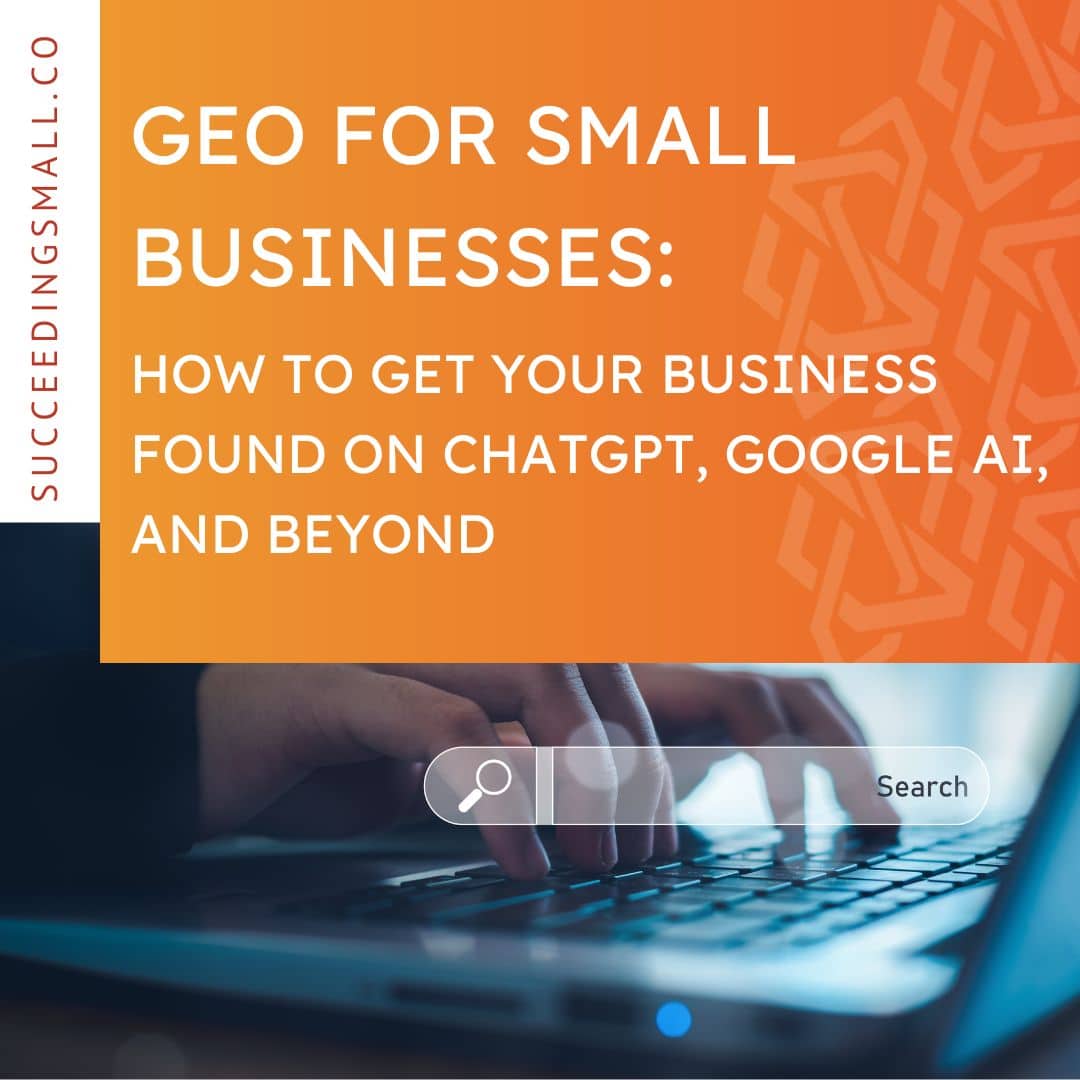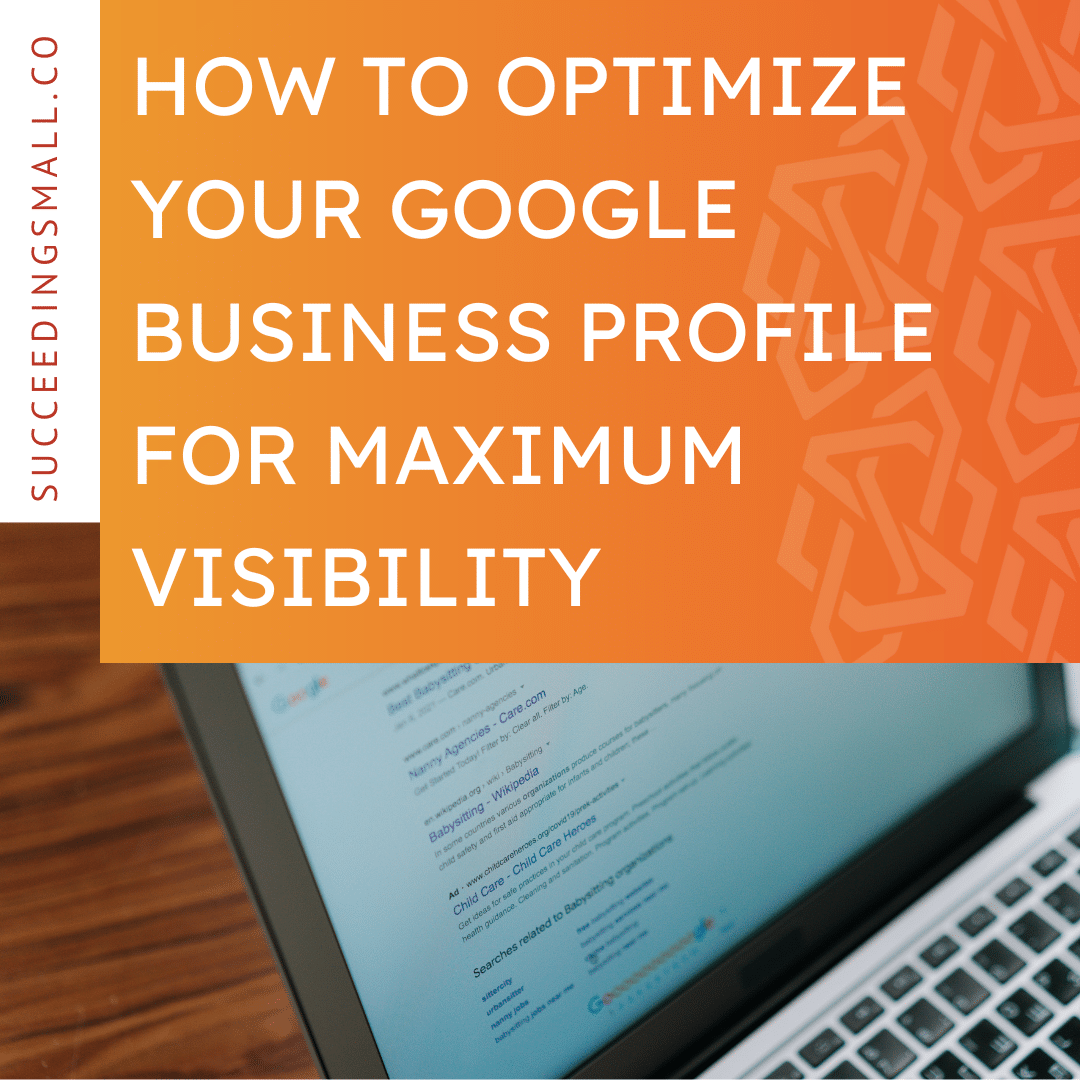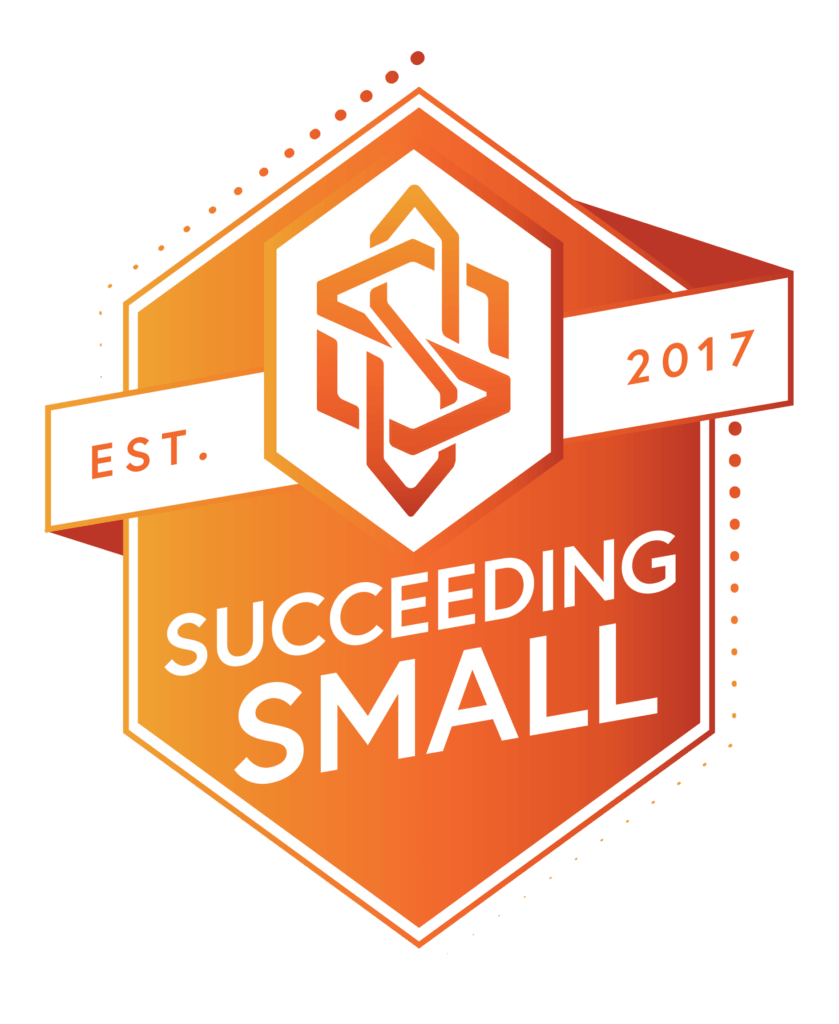What is SEO?
You’ve probably already heard that “SEO” stands for Search Engine Optimization but aren’t sure exactly what that entails.
Understanding these concepts is essential if you’re involved in digital marketing. In addition, a working understanding of SEO is critical if you want to get free, organic traffic to your site.
In this article, I’m going to break down all the fundamental ideas so that you will know where to start.
I’ll explain how SEO works, different practices and strategies, and how these practices can benefit your business. Let’s get started!
What is SEO? A Simple Definition:
“SEO,” in simple words, is a set of practices meant to promote the appearance of web pages in search engine result pages. Free traffic is the most cost-effective way to promote online content and get your business discovered. A good strategy is critical for attracting the right traffic to your site.
Why is SEO Important?
To understand why SEO might be valuable to business owners, I’m going to divide my answer into three different categories:
- Organic Search Results – If you’ve ever looked closely at a SERP or a “search engine result page,” you might have noticed two different items on the page after a search.Paid Ads (otherwise known as PPC or pay-per-click) usually dominate the top of the page. Because the organic results appear under these ads, search engine ranking algorithms decide their position on the page.If a search result ranks high organically, it’s usually because of its merit.
- Organic Search Quality – Getting traffic isn’t helpful unless you also attract relevant users. If Google recommends your site because they believe you’re an authority on X, but your site is strictly about Y, they’re not going to stay there for very long, and you aren’t getting any conversions.High-quality traffic includes only genuinely interested people in the topics you discuss, the products you sell, or the resources you provide. High-quality content occurs when the content of your web pages matches users’ search intent.
- Organic Search Quantity – The number of people who discover your site through organic search results is also critical. Users are more likely to click your links the higher it ranks. In addition, the more relevant users end up on your site, the more likely you will see conversions.
How does SEO work?
Google and other search engines use algorithms to determine which pages should appear in the SERPs. The hundreds or even thousands of ranking factors they use to select these positions are complex and constantly changing. However, search engines typically consider three core metrics when determining the quality of a site and how it should rank:
- Links – You might consider a link to be a vote of quality from another site, being that most web admins will not want to refer their users to websites that aren’t relevant or useful. Google tends to see websites with many links as more authoritative.
- Content – Besides links, search engines evaluate how relevant a site will be to users’ search queries. Creating content that will be relevant to a wide range of questions is a big part of search engine optimization.
- Page Structure – Since developers write most web pages in HTML, the structure of the HTML can impact how well search engines can evaluate the page’s content. Site owners can take actions to improve their site structure, including selecting relevant keywords, URLs, and headers and ensuring the site is crawlable.
Differences Between Paid and Organic Search
It is critical to understand the differences between paid and organic search traffic when developing a strategy for your marketing. There are five key differences that we will evaluate here:
Step 1: Crawling
Crawling is the first step. Next, search engines send web crawlers to find new pages and record further information. We call these crawlers “robots” or “spiders.” They discover the latest pages you have published on the web and periodically recheck the content to see whether you’ve modified or updated the page.
Search engines also tend to follow the links they’ve discovered while crawling. Spiders will look for new links to follow or verify the previously existing ones when your page is revised
Step 2: Indexing
Indexing is when a search engine decides whether the content it has crawled will be suitable for users. If the search engine determines that the content will be deserving of recommendation, it adds the content to the index. The search engine decides how to rank the content during this indexing stage. The search engine should put the content into the index if it offers unique and valuable content. Reasons content might not be indexed include:
- The spiders couldn’t crawl the page.
- The page lacked inbound links.
- The content was considered duplicate or low value.
Step 3: Ranking
After crawling and indexing are complete, it’s time for your content to be ranked. You could consider this the most crucial step of the whole process.
Search engines use more than 200 ranking factors to evaluate and sort content. They all fall under the three main SEO factors mentioned above: technical optimization, on-page optimization, and off-page.
Some of the signals search engines use to rank pages are:
- Responsive Web Design – How well the page renders on various devices.
- Keyword in Title Tag – Is the appropriate search term included in your title tag?
- Website Reputation – Largely measured by incoming links, website reputation is how authoritative or trustworthy your site search engines consider your content for users.
Ordering and Ranking Results
The Google search engine algorithm largely attributed to deciding how to order and rank search results is Google’s Hummingbird.
Google also has a machine-learning sub-algorithm called RankBrain:
- RankBrain rewards sites that return results that users expect and provide user satisfaction instead of rewarding the most keyword-optimized result.
- RankBrain converts keywords into known topics and concepts, meaning it can provide meaningful results even when the queries are unusual.
- When RankBrain finds an unfamiliar word or phrase, it uses artificial intelligence to connect the topic to similar search queries.
Examples of SEO Objectives
“Expand our SEO market share from 5% to 7%.” This objective focuses on increasing visibility.
“Improve our non-branded organic traffic by 20% in quarter 2.” This objective focuses on increasing relevance for keywords related to the core services of a business.
Setting Objectives for Different Kinds of Businesses
Your content strategy largely depends on whether your business is informational or transactional.
When your business is informational, you’ll likely want to focus more on increasing traffic to your site and brand awareness.
You’ll want to focus on increasing your leads and conversions when your business is more transactional. Lead generation comes with specific challenges you’ll have to overcome.
Another thing you’ll have to remember when engaging in your SEO efforts is that it is an ongoing process. Adjustments and improvements tend to be necessary on an ongoing basis.
Questions and Answers
What is SEO writing?
SEO writing is when you create content for the specific purpose of ranking on search engines. Research for this purpose might include items such as optimizing headers, keyword research, and creating high-quality content that matches user intent.
Conclusion
So I hope this article provided you with all of the answers you need on “What is SEO?”
At Succeeding Small, we understand the importance of SEO and how to implement correct practices to get more organic traffic and qualified leads. Connect with us for a free SEO audit so we can determine how to put these strategies into action for you!
















